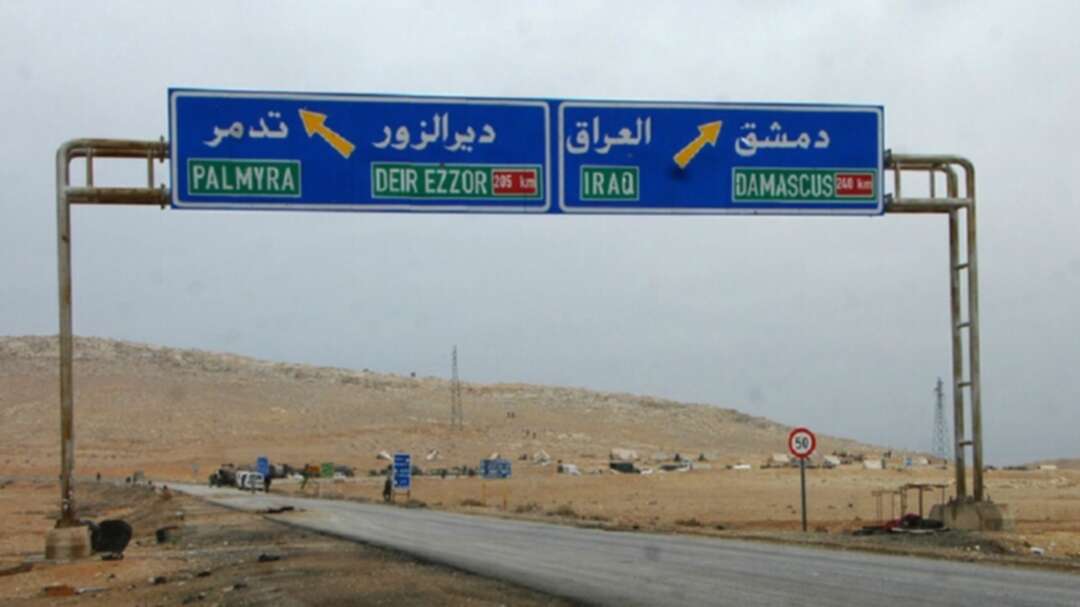-
Tesla, Apple among firms accused of aiding child labor in Congo

Five of the world’s largest tech companies have been accused of being complicit in the death of children in the Democratic Republic of Congo (DRC) forced to mine cobalt, a metal used to make telephones and computers, in a landmark lawsuit.
The legal complaint on behalf of 14 families from Congo was filed on Sunday by International Rights Advocates, a US-based human rights non-profit, against Tesla Inc, Apple Inc, Alphabet Inc, Microsoft Corp, and Dell Technologies Inc.
The companies were part of a system of forced labor that the families claimed led to the death and serious injury of their children, it said. It marked the first time the tech industry jointly has faced legal action over the source of its cobalt.
Images in the court documents, filed in US District Court in Washington DC, showed children with disfigured or missing limbs.
Six of the 14 children in the case were killed in tunnel collapses, and the others suffered life-altering injuries, including paralysis, it said.
“These companies - the richest companies in the world, these fancy gadget-making companies - have allowed children to be maimed and killed to get their cheap cobalt,” Terrence Collingsworth, an attorney representing the families, told the Thomson Reuters Foundation.
Cobalt is essential in making rechargeable lithium batteries used in millions of products sold by the tech industry. More than half of the world’s cobalt is produced in Congo.
Global demand for the metal is expected to increase at 7 percent to 13 percent annually over the next decade, according to a 2018 study by the European Commission.
The lawsuit said the children, some as young as 6 years old, were forced by their families’ extreme poverty to leave school and work in cobalt mining owned by the British mining company Glencore. Glencore has previously been accused of using child labor.
Some children were paid as little as $1.50 per day, working 6 days a week, it said.
In response to a request for comment, Dell said in an email that it has “never knowingly sourced operations” using child labor and has launched an investigation into the allegations.
A spokesperson for Glencore said:
“Glencore notes the allegations contained in a US lawsuit filed on 15th December 2019. Glencore’s production of cobalt in the DRC is a by-product of our industrial copper production. Glencore’s operations in the DRC do not purchase or process any artisanally mined ore. Glencore does not tolerate any form of a child, forced, or compulsory labor.”
Tesla, Apple, Google, Microsoft did not immediately respond for comment.
The legal complaint argued that companies all can overhaul their cobalt supply chains to ensure safer conditions.
“I’ve never encountered or documented a more severe asymmetry in the allocation of income between the top of the supply chain and the bottom,” said Siddharth Kara, a researcher on modern slavery who is an expert witness in the case.
“It’s that disconnect that makes this perhaps the worst injustice of slavery and child exploitation that I’ve seen in my two decades research,” Kara said.
More than 40 million people have been estimated to be captive in modern slavery, which includes forced labor and forced marriage, according to Walk Free and the International Labour Organization.
source: Reuters
Tags
You May Also Like
Popular Posts
Caricature
BENEFIT Sponsors BuildHer...
- April 23, 2025
BENEFIT, the Kingdom’s innovator and leading company in Fintech and electronic financial transactions service, has sponsored the BuildHer CityHack 2025 Hackathon, a two-day event spearheaded by the College of Engineering and Technology at the Royal University for Women (RUW).
Aimed at secondary school students, the event brought together a distinguished group of academic professionals and technology experts to mentor and inspire young participants.
More than 100 high school students from across the Kingdom of Bahrain took part in the hackathon, which featured an intensive programme of training workshops and hands-on sessions. These activities were tailored to enhance participants’ critical thinking, collaborative problem-solving, and team-building capabilities, while also encouraging the development of practical and sustainable solutions to contemporary challenges using modern technological tools.
BENEFIT’s Chief Executive Mr. Abdulwahed AlJanahi, commented: “Our support for this educational hackathon reflects our long-term strategic vision to nurture the talents of emerging national youth and empower the next generation of accomplished female leaders in technology. By fostering creativity and innovation, we aim to contribute meaningfully to Bahrain’s comprehensive development goals and align with the aspirations outlined in the Kingdom’s Vision 2030—an ambition in which BENEFIT plays a central role.”
Professor Riyadh Yousif Hamzah, President of the Royal University for Women, commented: “This initiative reflects our commitment to advancing women in STEM fields. We're cultivating a generation of creative, solution-driven female leaders who will drive national development. Our partnership with BENEFIT exemplifies the powerful synergy between academia and private sector in supporting educational innovation.”
Hanan Abdulla Hasan, Senior Manager, PR & Communication at BENEFIT, said: “We are honoured to collaborate with RUW in supporting this remarkable technology-focused event. It highlights our commitment to social responsibility, and our ongoing efforts to enhance the digital and innovation capabilities of young Bahraini women and foster their ability to harness technological tools in the service of a smarter, more sustainable future.”
For his part, Dr. Humam ElAgha, Acting Dean of the College of Engineering and Technology at the University, said: “BuildHer CityHack 2025 embodies our hands-on approach to education. By tackling real-world problems through creative thinking and sustainable solutions, we're preparing women to thrive in the knowledge economy – a cornerstone of the University's vision.”
opinion
Report
ads
Newsletter
Subscribe to our mailing list to get the new updates!






















